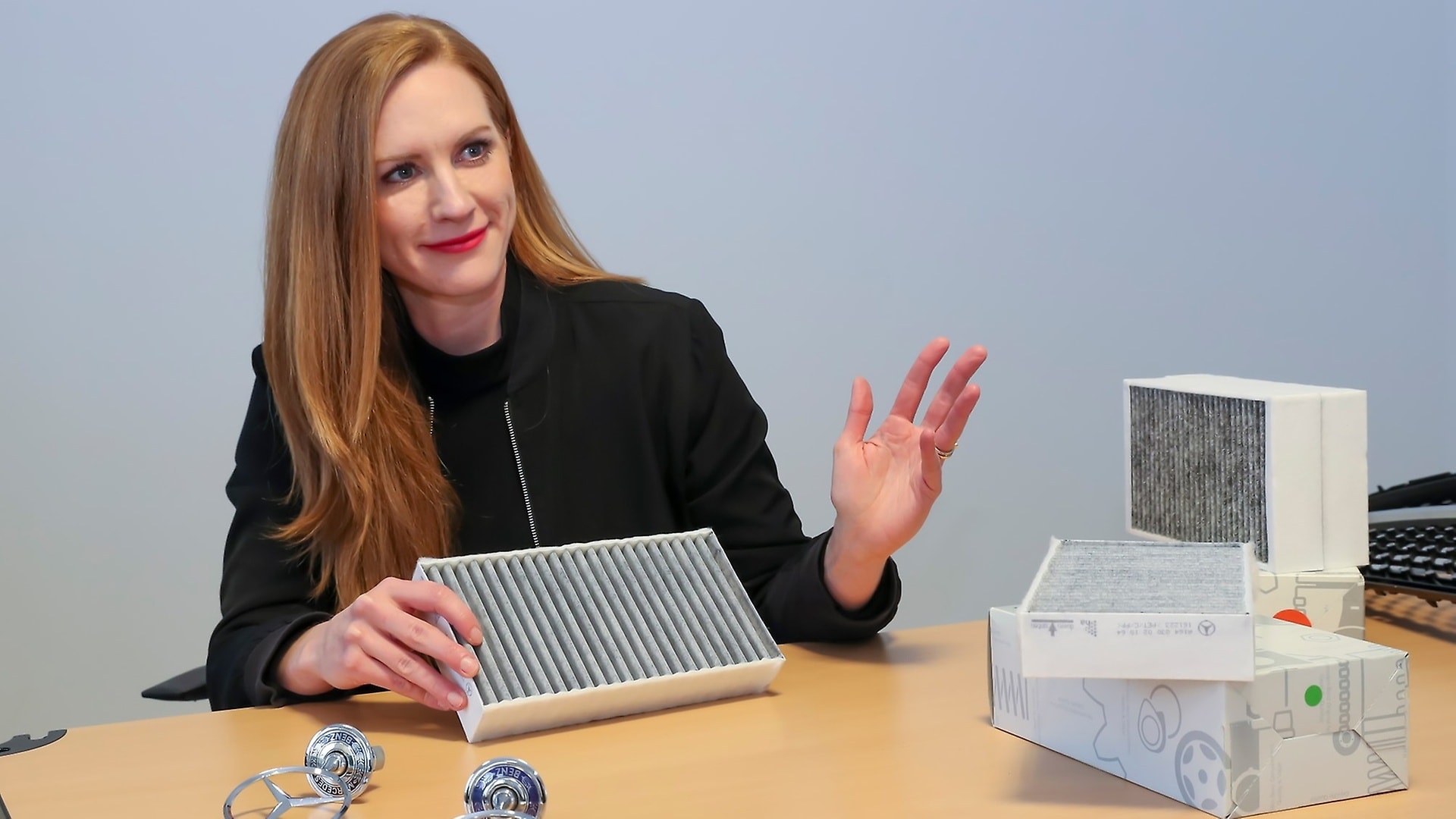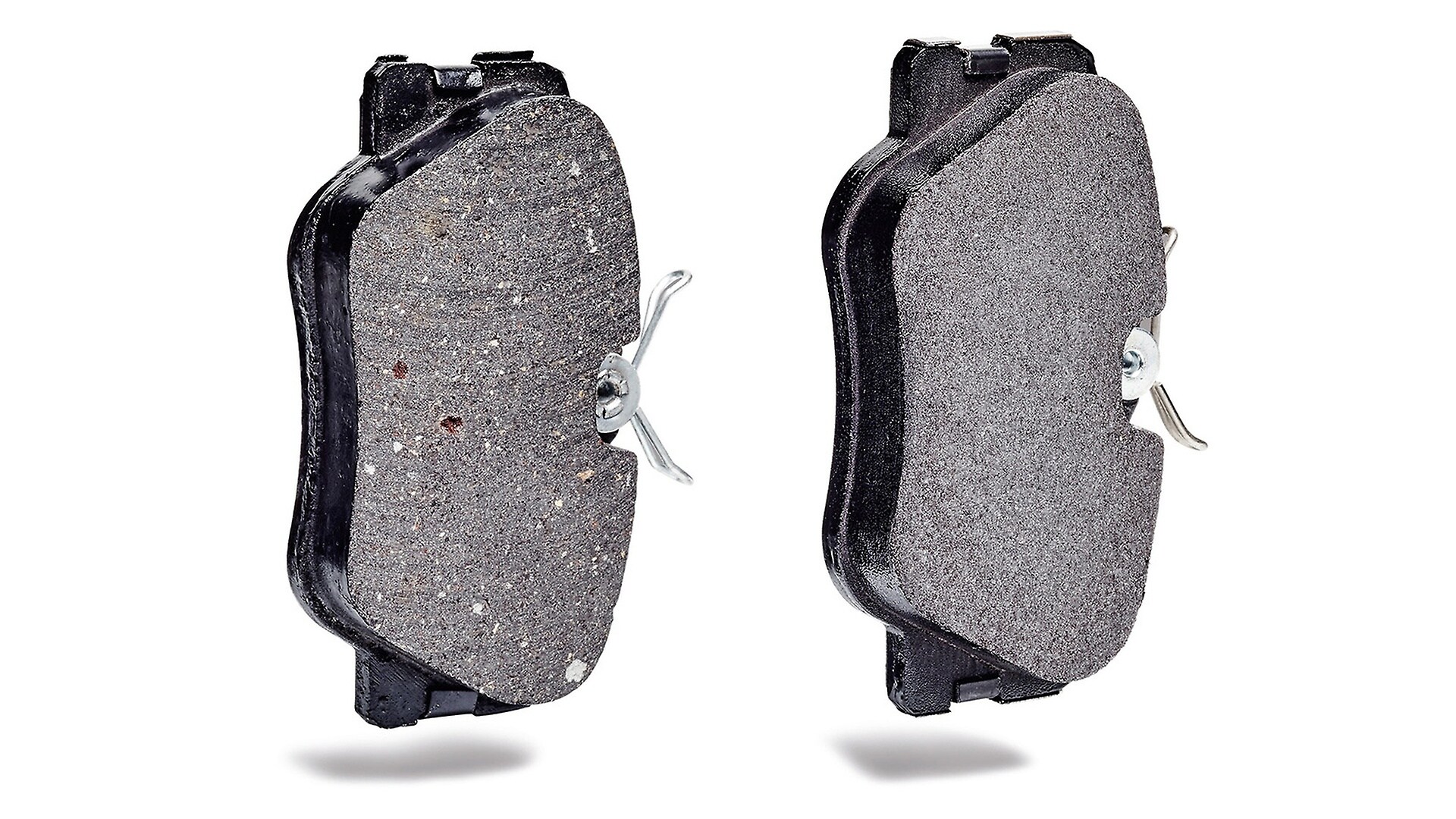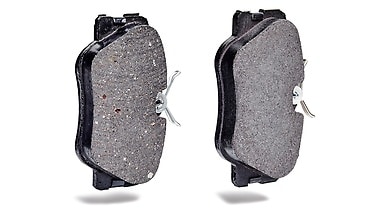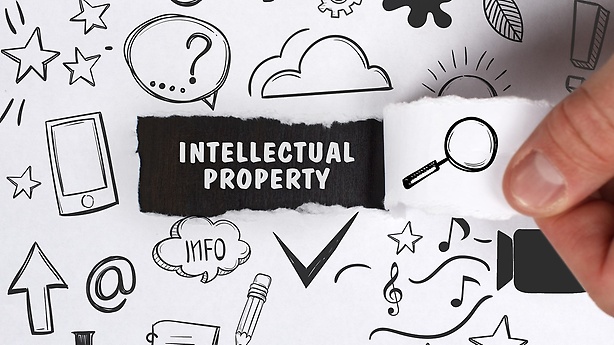What developments have you observed in recent years? Has the Corona pandemic affected your work?
Lita Silje Jänisch: In general, we have been observing an increasing online trade in counterfeit products for a number of years. It is very clear that the pandemic has accelerated this even further. It has led to customs authorities and courts having had to suspend their work for a while. At the same time, global production and trade in counterfeits, especially through online channels, has reached new heights.
In 2020, we took over 138,000 counterfeit product listings offline! In 2019, the figure was just over 50,000. Of course, we also take a close look at major shopping events, so that we are able to remove as many counterfeits as possible from the network in one fell swoop. But we also keep an eye on social media platforms, and specific accounts and domains. In doing so, we focus on a wide variety of products and also carry out test purchases on a frequent basis. This can add up to several thousand questionable websites per week, which we check and have removed if necessary.
,xPosition=0,yPosition=0.5)






,xPosition=0.5,yPosition=0)